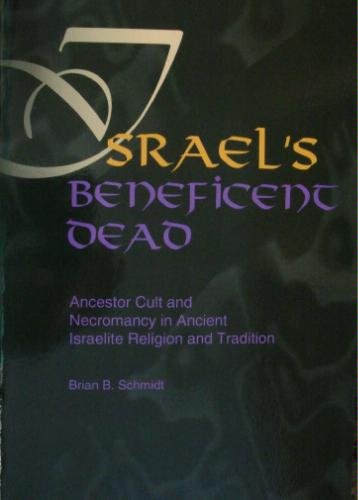Truly, within scripture, the Saints are not shown to be dead...but alive and able to see and know what goes on on earth.
All saints live on/are in existence with the Father.
One of my mentors had something occur for them when they were a young couple with a beautiful baby boy. The child was literally torn apart by a pit-bull from next door--and although they tried to save the child, the child died. The couple grieved for a long time on the issue, even after being saved. However, they sought to trust in the Lord.
During service in church, my friend had a vision of heaven opening...and this beautiful lady in white robes was present with his little son also clothed in white as well. It shocked him, as he had been praying for weeks that the Lord would please give him clarity on where his son was and what to do. When he described the vision to his wife, she procedded to ask what the other lady looked like--and it astonished her hearing it. For she explained that the way he described the woman holding the child was the EXACT same way her grandmother looked like...and her grandmother who passed was a righteous woman of God who loved the Lord with all of her might before her passing. When she described that to my friend, he was overjoyed/broke down since it let him know that the Lord truly took care of his young one...and that he was in Heaven with the Lord.
Truly amazing and one of the reasons I know the saints continue to be with the Lord and even interact with the living with HIS permission when he sees fit. Although those serving the Lord have purpose/are with him intercedding for us just as the Lord Jesus and others do in Heaven....I think there's alot of merit in noting that at times, may be allowed to return if the Lord wants them to show something

__________________
For others of the mindset that death ends all things, including communication, I think there's a bit of duality with the subject. Yeshua said the dead sleep as in the example of Lazarus.. and I wouldn't argue with Him on the state of the dead.. He knows what He is talking about.

Being "asleep" doesn't mean being without a conscious state of being. It simply means being in a temporary state of rest---and as it concerns the concept of departed spirits/ghosts, that is inherent when it comes to discussing the reality of how there's a duality of life/death inherent in life. Even when people die, they still live...but they may be in a different state than how it'll be when there's a resurrection.
John 11:13-15 shows Jesus making plain that Lazarus is dead, yet he was able to raise Him to life....and prior to Jesus saying plainly to his disciples that Lazarus was dead, he said in
John 11:10-12 that Lazarus had fallen asleep. Thus, the concept of death was still present...but it was given a context. The same goes for the little girl who Jesus rose from the grave--for Jesus noted that she had been "asleep" (
Mark 5:38-40 ) rather than "Dead" in the sense of forever lost/diminished. Same thing goes for
Acts 7:59-60 when Stephen was killed and it was described as him falling asleep.
In sleep, the mind is STILL active and thus its why dreaming occurs...specifically at the stage of REM Sleep. One is inactive and yet their spirit is still processing things in a state that is not fully how things are meant to be...and the same goes for the concept of death. One can die physically in their body, yet still be in a state akin to dreaming where they're not yet where they are to be.
sleep = death
Psalm 13:3
Consider and hear me, O LORD my God: lighten mine eyes, lest I sleep the sleep of death;
The kings of Israel.. "slept with their fathers"
1 Kings 2:10
So David slept with his fathers, and was buried in the city of David.
And years later... David is still dead and buried..
Acts 2:29
Fellow Israelites, I can tell you confidently that the patriarch David died and was buried, and his tomb is here to this day. 30 But he was a prophet and knew that God had promised him on oath that he would place one of his descendants on his throne. 31 Seeing what was to come, he spoke of the resurrection of the Messiah, that he was not abandoned to the realm of the dead, nor did his body see decay. 32 God has raised this Jesus to life, and we are all witnesses of it. 33 Exalted to the right hand of God, he has received from the Father the promised Holy Spirit and has poured out what you now see and hear. 34 For David did not ascend to heaven, and yet he said..
1 Kings 11:43
And Solomon slept with his fathers, and was buried in the city of David his father: and Rehoboam his son reigned in his stead.
1 Kings 14:20
And the days which Jeroboam reigned were two and twenty years: and he slept with his fathers, and Nadab his son reigned in his stead.
1 Kings 14:31
And Rehoboam slept with his fathers, and was buried with his fathers in the city of David. And his mother's name was Naamah an Ammonitess. And Abijam his son reigned in his stead.
Sleep and resurrection.
Daniel 12:2
And many of them that sleep in the dust of the earth shall awake, some to everlasting life, and some to shame and everlasting contempt.



